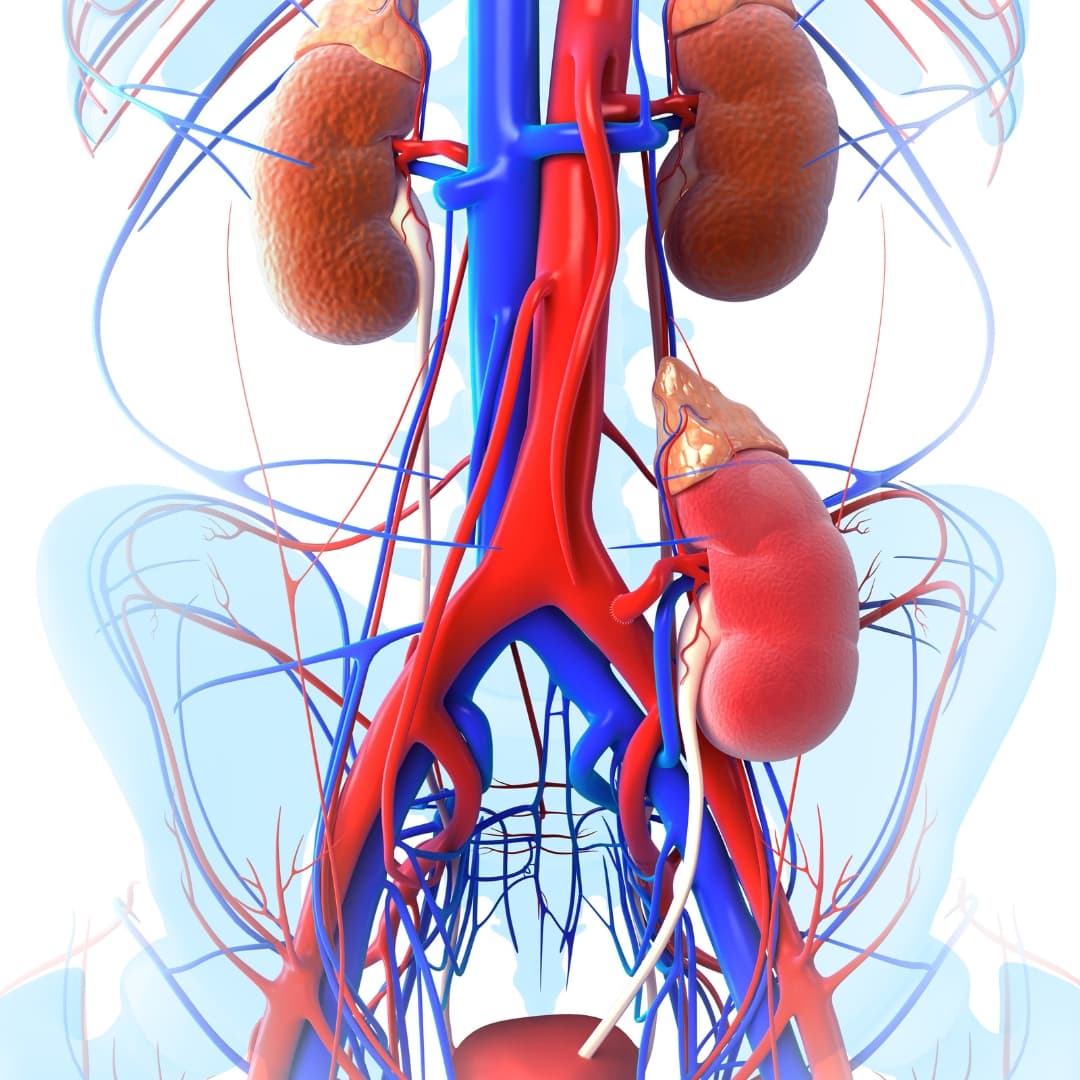Kidney Transplantation
Kidney transplantation is a surgical procedure where a healthy kidney from a living or deceased donor is placed into a patient whose kidneys have failed. It is often the best treatment option for patients with end-stage renal disease (ESRD), offering improved quality of life compared to long-term dialysis. With proper care, a transplanted kidney can function for many years

When Transplant May Be Needed
- Advanced or end-stage kidney disease.
- Dependence on dialysis for kidney function.
- Severe fatigue, weakness, or loss of appetite.
- Swelling in feet, ankles, or around the eyes.
- Persistent high blood pressure despite treatment.
- Declining kidney function tests (eGFR, creatinine).
Why a Transplant May Be Needed
- Chronic Kidney Disease (CKD) progressing to kidney failure.
- Polycystic Kidney Disease (PKD) and other inherited disorders.
- Diabetes leading to diabetic nephropathy.
- Uncontrolled high blood pressure damaging kidneys.
- Long-term complications of dialysis.
- Recurrent kidney infections or autoimmune kidney diseases.
Kidney Transplant Care Guidelines
- Do's
- Go through proper evaluation and matching tests.
- Take prescribed immunosuppressant medicines regularly after transplant.
- Maintain a balanced, kidney-friendly diet.
- Practice good hygiene to prevent infections.
- Attend all follow-up visits and lab tests for monitoring. Don'ts
- Don't skip medications, especially after transplant.
- Avoid raw or unhygienic food that may cause infections.
- Don't ignore warning signs like fever, swelling, or reduced urine.
- Avoid smoking and alcohol as they damage kidney health.
- Don't miss regular check-ups with your transplant team.
